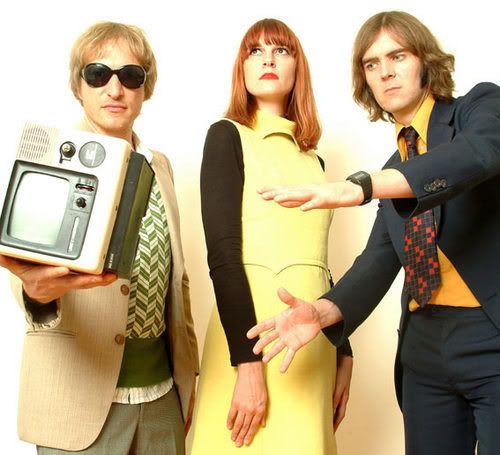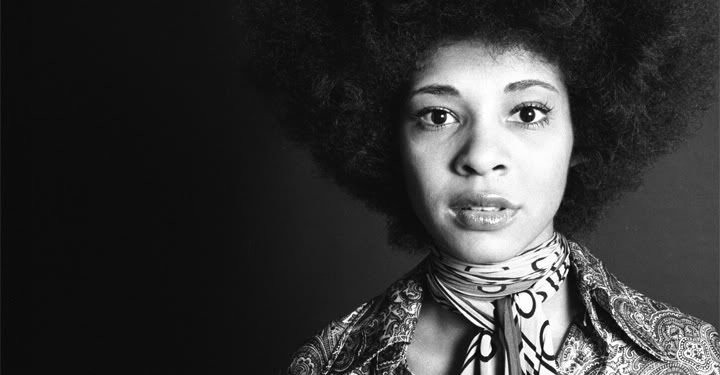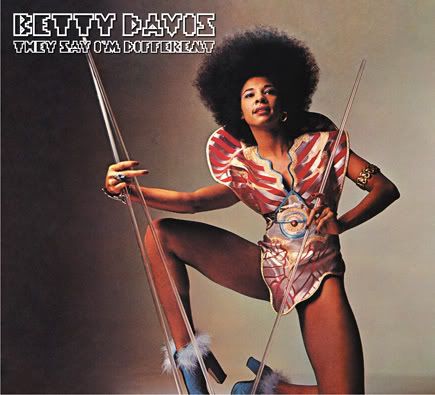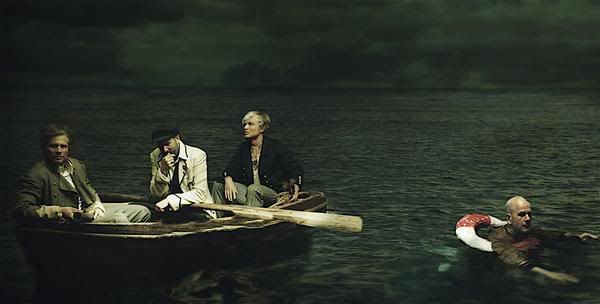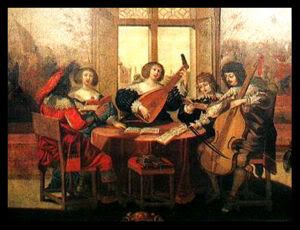
In preparing for this post on baroque pop, I looked the term up (on Wikipedia, that bastion of truth and cold, hard facts) to see which bands and musicians would fall into the genre. For as much as I claim to love the genre, I must admit to myself that I didn't actually know what constituted such a title. Neither, as it turns out, does Wiki. I found listed such bands as Goldfrapp, Andrew Bird, even Vampire Weekend-- all great, but certainly not baroque. So I delved into my own collection for what I considered to epitomize Baroque Pop.
But first of all, what is it? To answer that, we must break the term down to its two parts:
Baroque- characterized by drama and grandeur; in music the size, range and complexity of instrumental performance was expanded.
Pop- has a deliberate intent to appeal to the majority
So, basically, a baroque pop musician depends on elaborate orchestral harmonies-- instead of guitar, drums, and synth-- behind a good, hummable tune to get one's feet a-tappin'. A baroque pop musician is not afraid of a harpsichord or an oboe solo. Which is why they are a rare breed! And they are often confused with those of the French
chanson school, such as Jaques Brel, Edith Piaf, Serge Gainsbourg, and, more recently, Rufus Wainwright. To be fair, the line between the two genres is quite thin, and all I can say is that the chanson style is just more...French, and in a more cabaret style, not always poppy.
The baroque pop movement started in the sixties with bands such as the Beatles, the Left
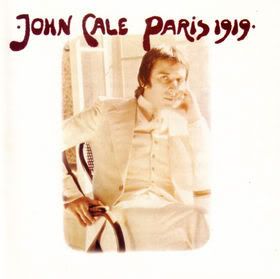
Banke, the Zombies, and the Beach Boys branching out musically and utilizing harpsichords, strings, organs, and woodwinds (Remember the harpsichord and the french horn solo in the Beatles' song "For Noone" from
Revolver?). John Cale did the same with his own sound on
Paris 1919, which is not only one of his best solo albums, but one of the most defining albums of the genre. As part of the Walker Brothers and as a solo artist, Scott Walker took the notion of orchestration and ran away with it, creating some of the most intensely gorgeous and lush instrumentation you could ever hear on a pop album--that is, until he stopped making pop albums and started doing impenetrable avant-garde...
Then in the mid-nineties, mainly in the UK, there was something of a Baroque Renaissance (yes, I am aware that those two terms clash horribly!), and bands started to up the orch again. None more so than the Divine Comedy. I'm not saying that Neil Hannon started the renaissance, but he was certainly one of the very first artists to opt for the strings a
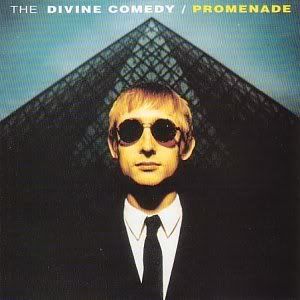
nd oboes, while everyone else was still thrashing around, smashing their guitars, and wearing plaid. And he utilized the orchestra more than anyone at the time, in a way that hadn't been heard since Scott Walker released his
1-4 albums. He did at least influence one artist of that era: Eric Matthews, the ridiculously talented Oregonian multi-instrumentalist (he plays all the instruments on his albums, including horns) who enjoyed a brief moment of fame in 1995 before sinking into near-obscurity. Other British acts,
The Tindersticks,
My Life Story, and, to a more minimal extent, Belle and Sebastian also employed similarly intricate instrumentation.
Now, I am pleased to note that after the wave of jangly garage rock bands at the turn of the 21st century has passed (not that I minded all of them- in fact, I was a Strokes fanatic), the orchestra seems to be coming back en vogue. As evidence, look no further than The Arcade Fire.
Neon Bible, number 2 on the American charts, was just dripping with orchestral pomp and circumstance. On the less mainstream end of the spectrum, I find that many contemporary bands from the UK, such as Guillemots and Their Hearts Were Full of Spring, even the Arctic Monkeys' side project,
The Last Shadow Puppets , are going the Baroque route. I'm very happy about all this!
So without further ado, my humble selections of perfect baroque pop:
Desiree- Montage (originally The Left Banke)
God Only Knows- The Beach BoysRosemary- Scott WalkerBoy Child- Scott WalkerParis 1919- John CaleGoing Downhill Fast- The Divine ComedyDeath of A Supernaturalist- The Divine ComedyFanfare- Eric MatthewsLittle Bear- GuillemotsA Gap Has Appeared- Field Music


